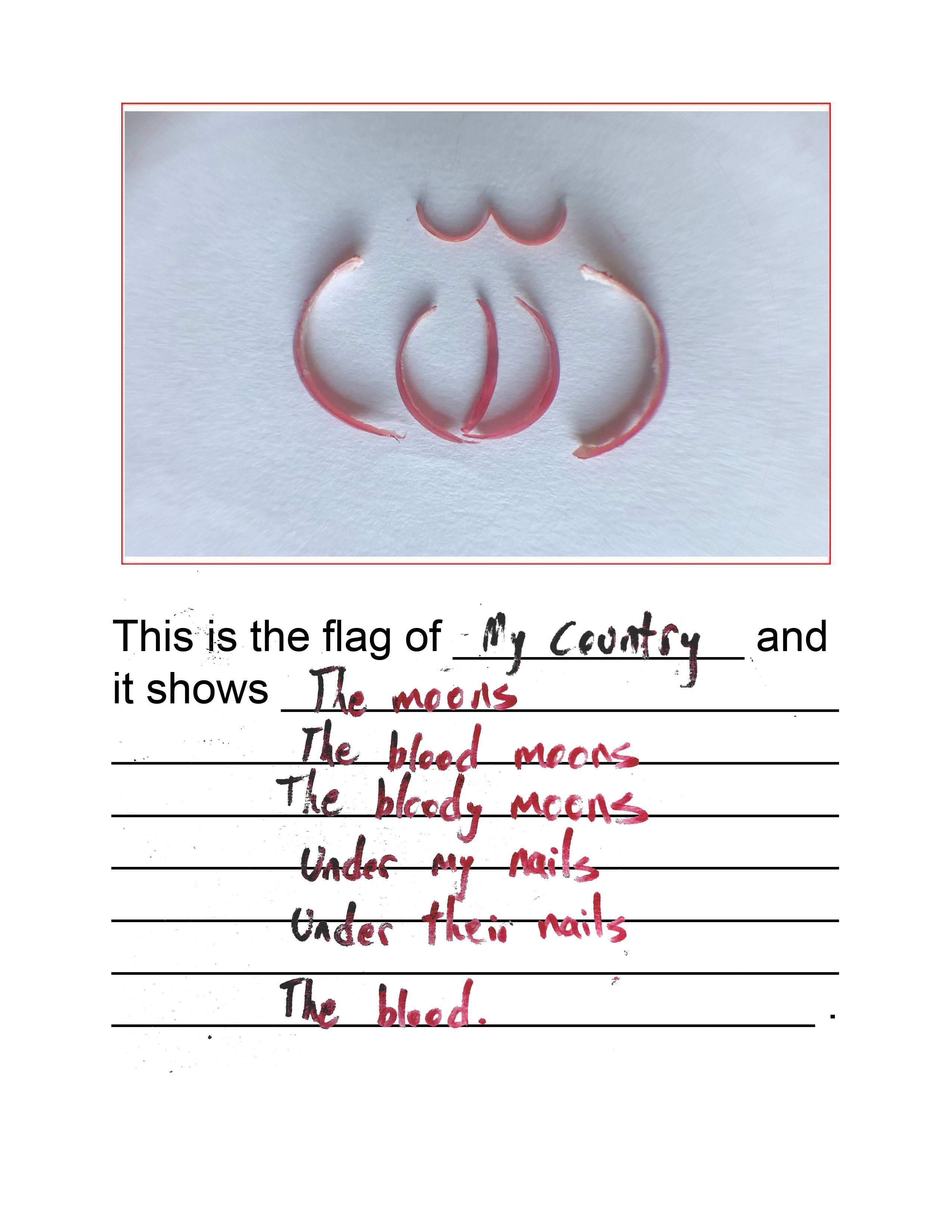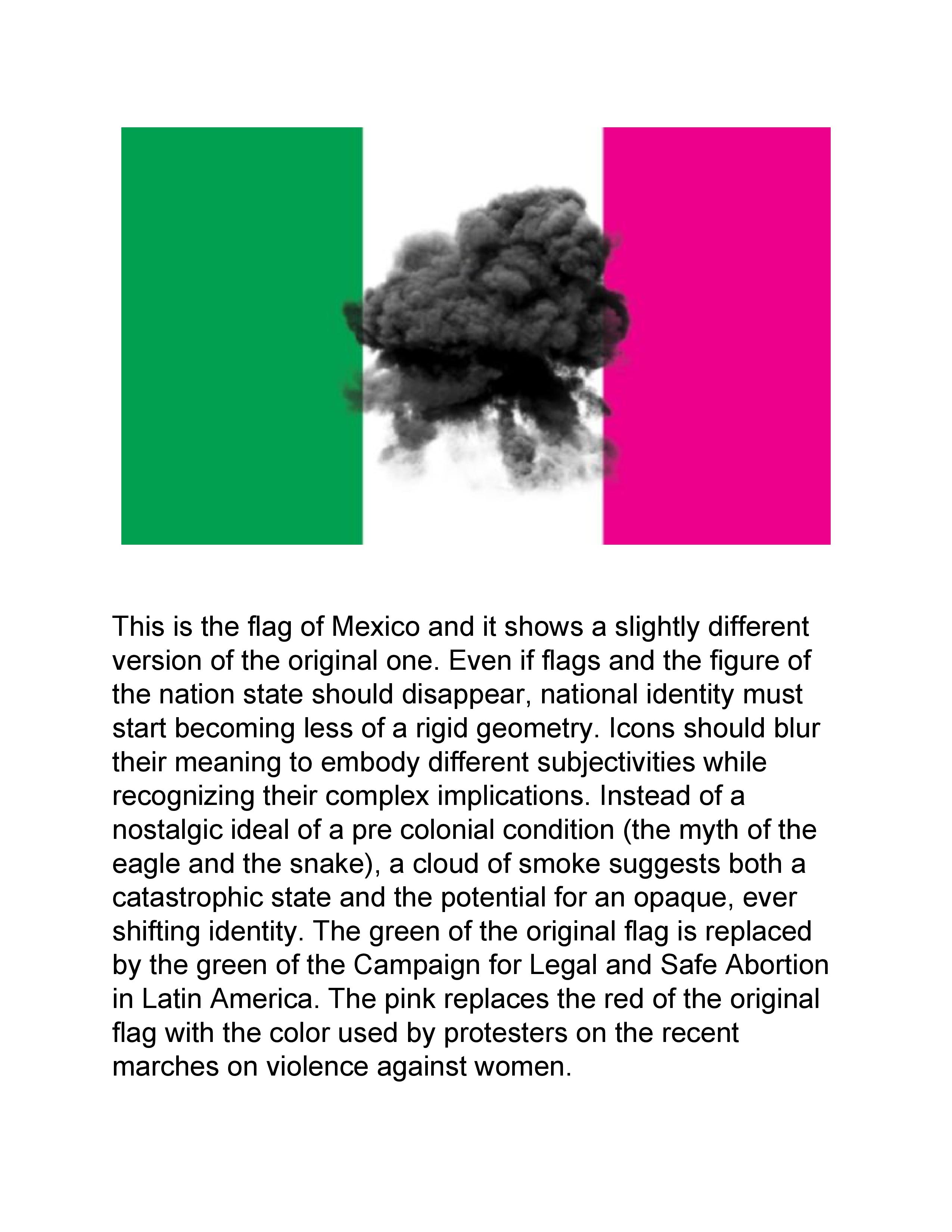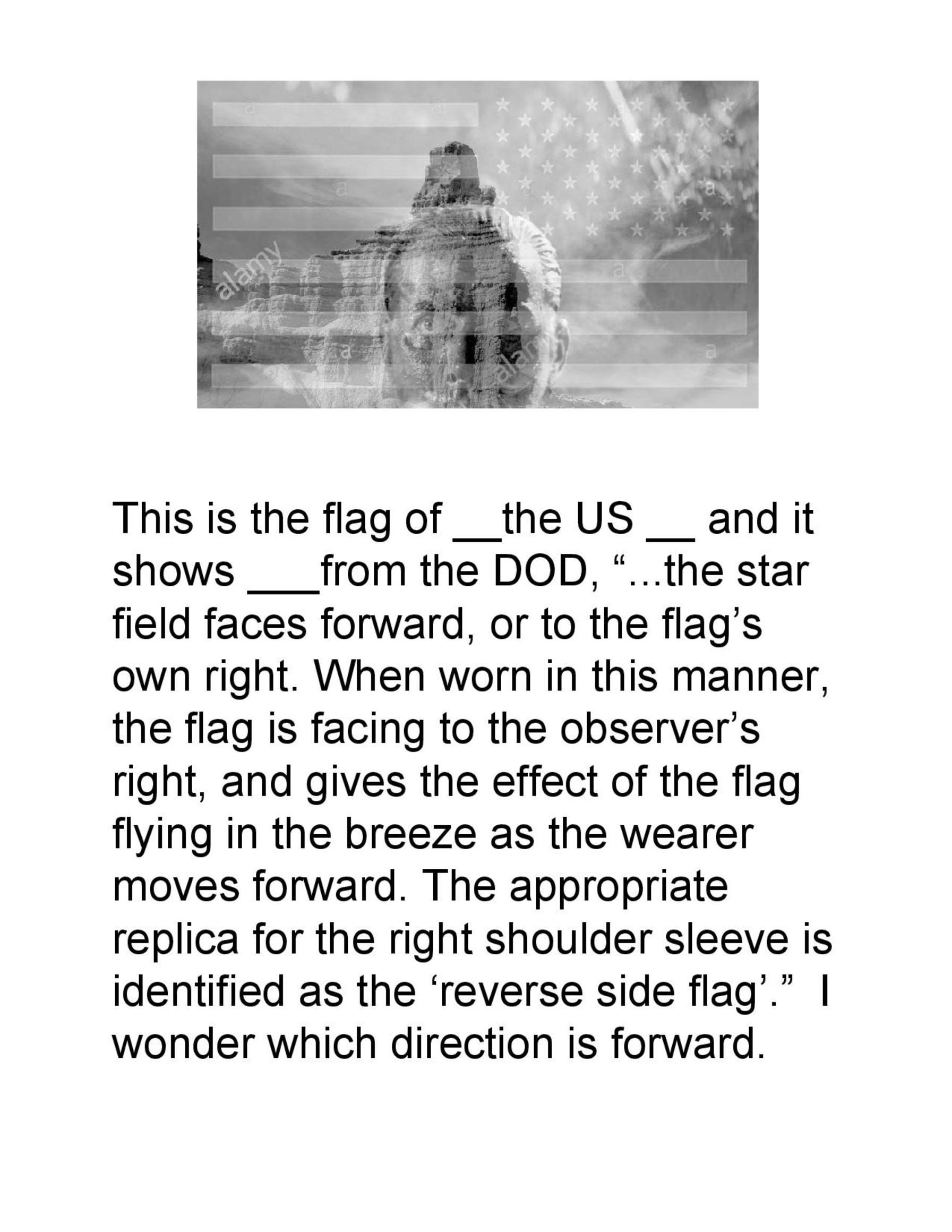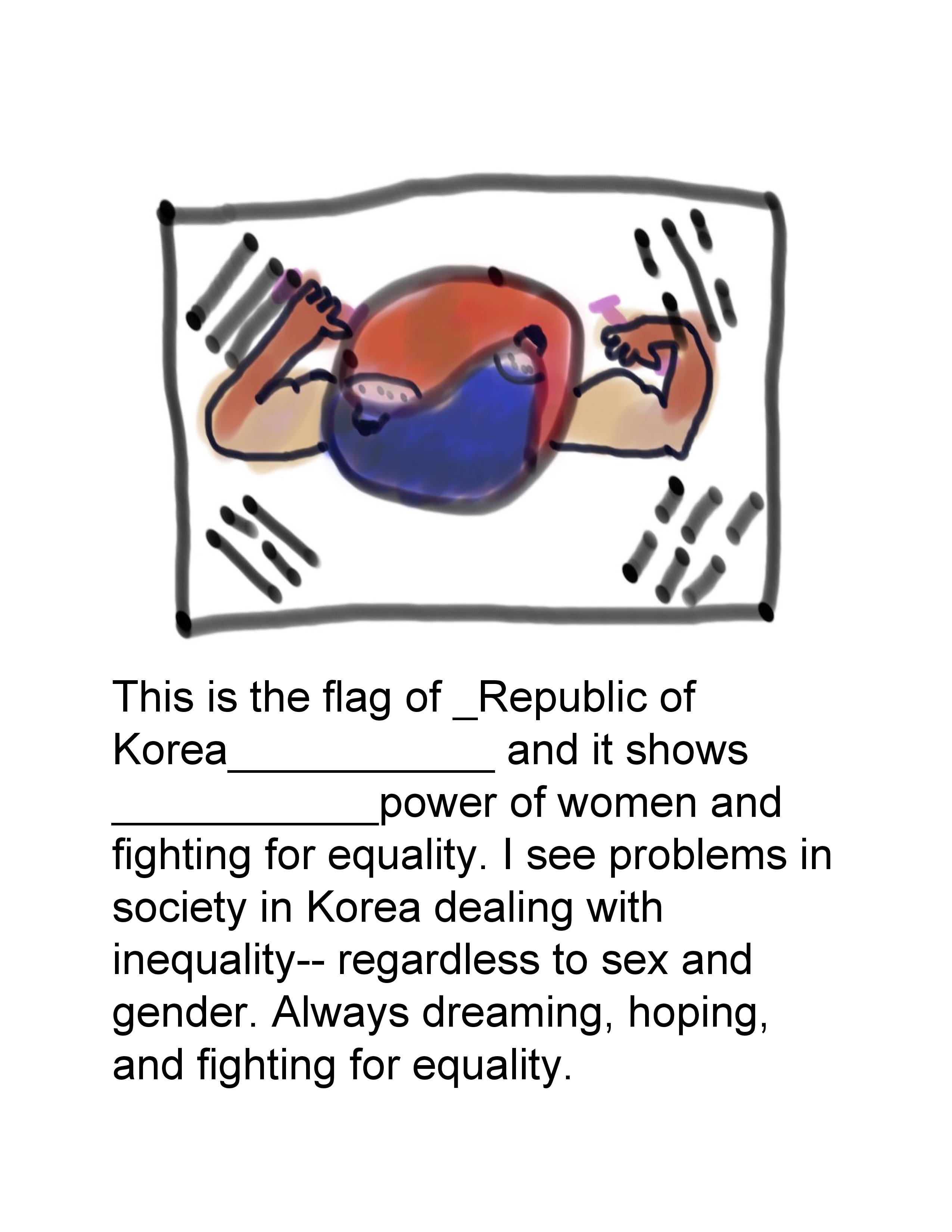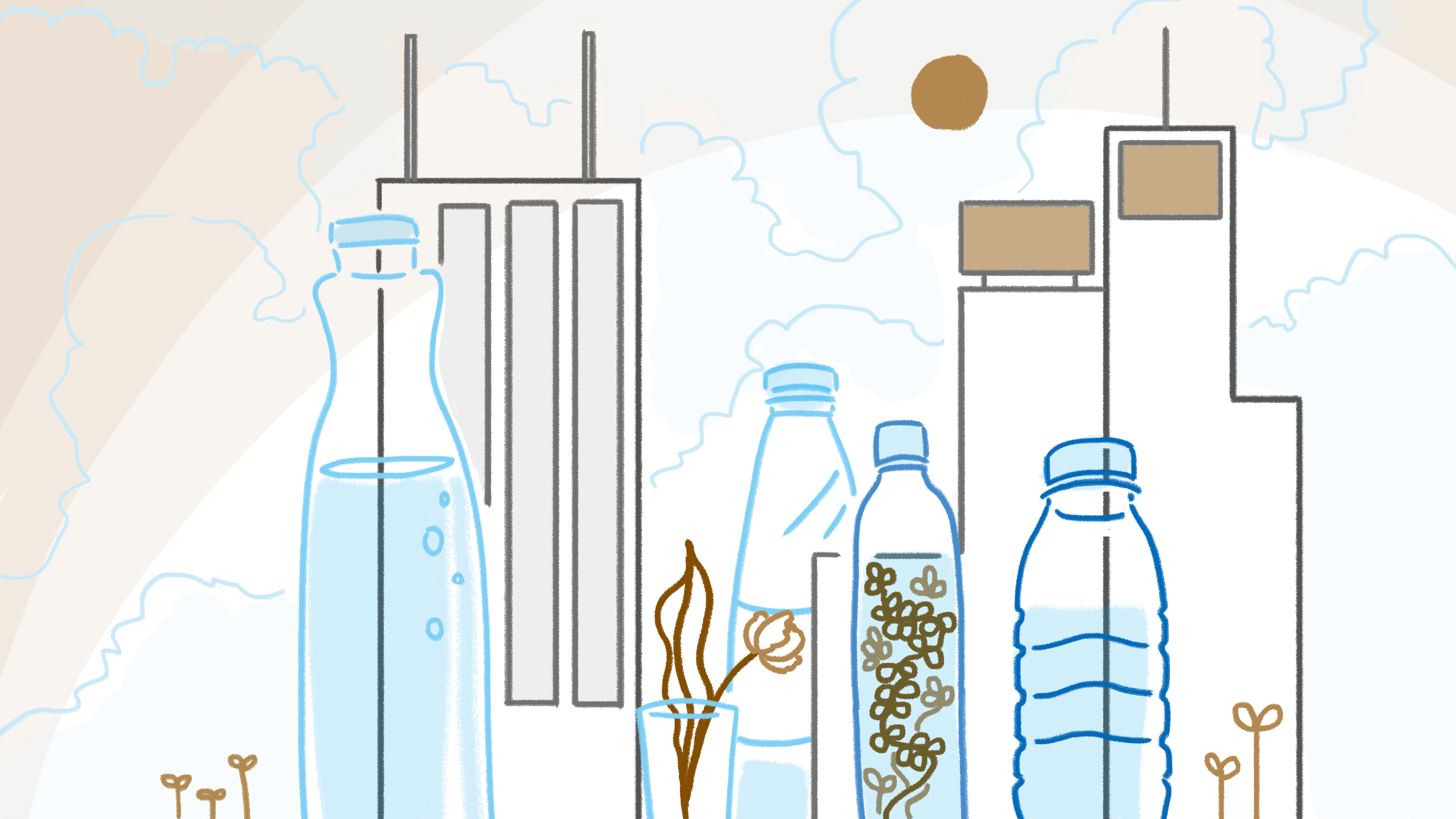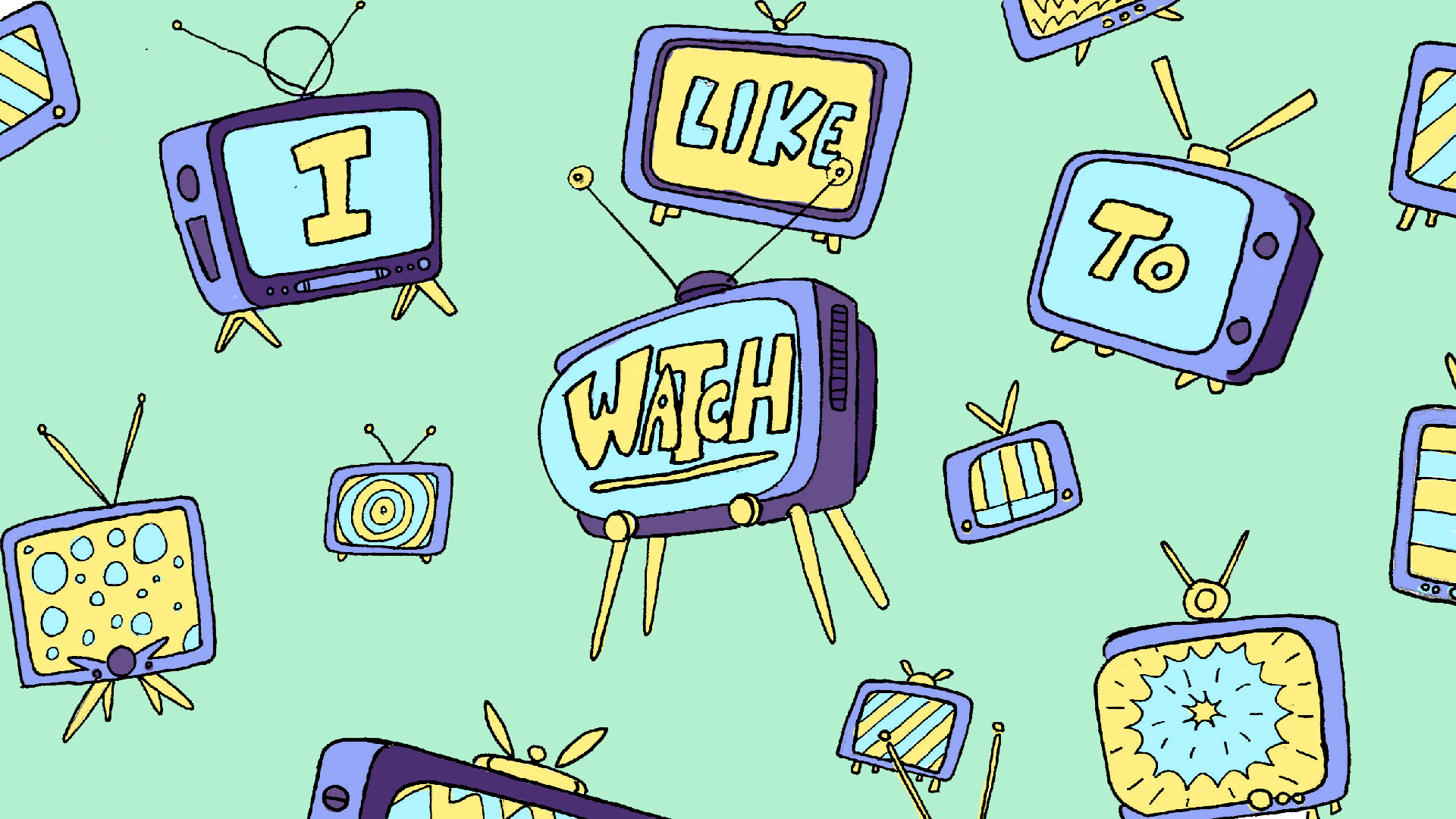Artists make culture. Diego Rivera’s murals of the Mexican Revolution, Yayoi Kusama’s dotty interiors, even (gag) Jeff Koons’ mirrored rabbits — all of these not only document a specific time and place through the artist’s hand, but also have the power, even if imperceptibly, to shape the moment itself.
But however relevant an artist’s work is to the political narrative of a larger society, contemporary artists are rarely asked to redesign the objects of the common national visual language, like a country’s currency. I can think of a couple exceptions in the U.S. — postage stamps, Maya Lin’s Vietnam Veterans Memorial, and the Obamas’ official presidential portraits, by Kehinde Wiley and Amy Sherald — but overall, any public art, in monument or material form, stays safely in the realm of representation and artistic conservatism. What would happen, then, if artists were to redesign the most pedestrian images we have around, the most common and also the most steeped in the political imaginary, like a country’s national flag?
I asked the artists included in the exhibition “Infernal Court,” a show at Extase Gallery that centers on rising nationalism and right-wing ideology in countries around the world, to redesign the flags of their countries of origin to either more accurately represent what the country stands for, or to imagine its possibilities. The artists in the show, on view through July 22, 2019 in the Ukrainian Village gallery run by Budgie Birka-White (MA Art History, Theory, and Criticism, 2019), hail from Iran, Korea, Mexico, Armenia, Estonia, and the U.S., but the issues they respond to are much more far-reaching. In pieces that range from performance to sculpture, Aram Atamian (MFA Performance 2019), Danny Bredar (MFA Painting and Drawing 2019), Yoo Hee Chang (MFA Painting and Drawing 2019), Maryam Faridani (MFA Performance 2019), Garrett Fees (MFA Printmedia 2019), Alex Keller (MFA Painting and Drawing 2019), Alberto Ortega (MFA Architecture 2019), and Polina Protsenko (MFA Performance 2019) respond with urgency to what is happening now.
From Faridani’s reddened, crescent-like fingernail clippings, to Protsenko’s reverse-censorship of the female nipple, these updated flags imagine countries that are steeped in violence as much they are in revolutionary possibility.
